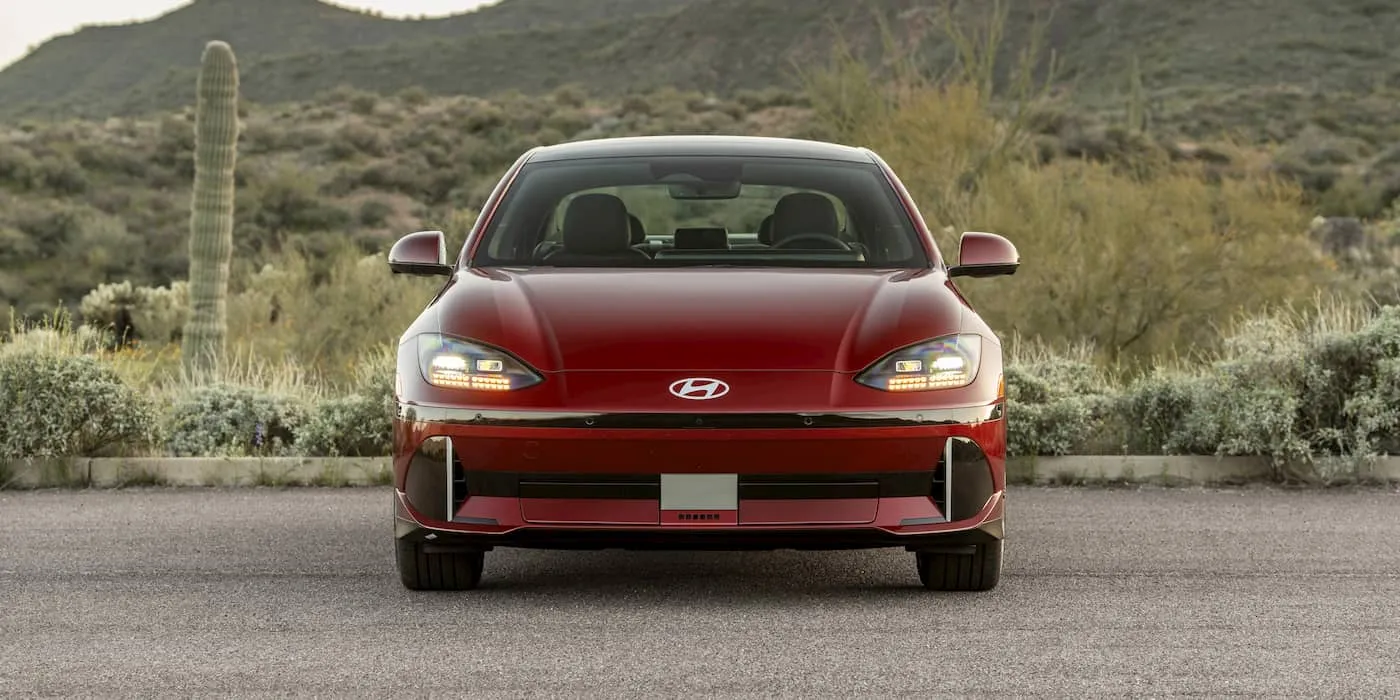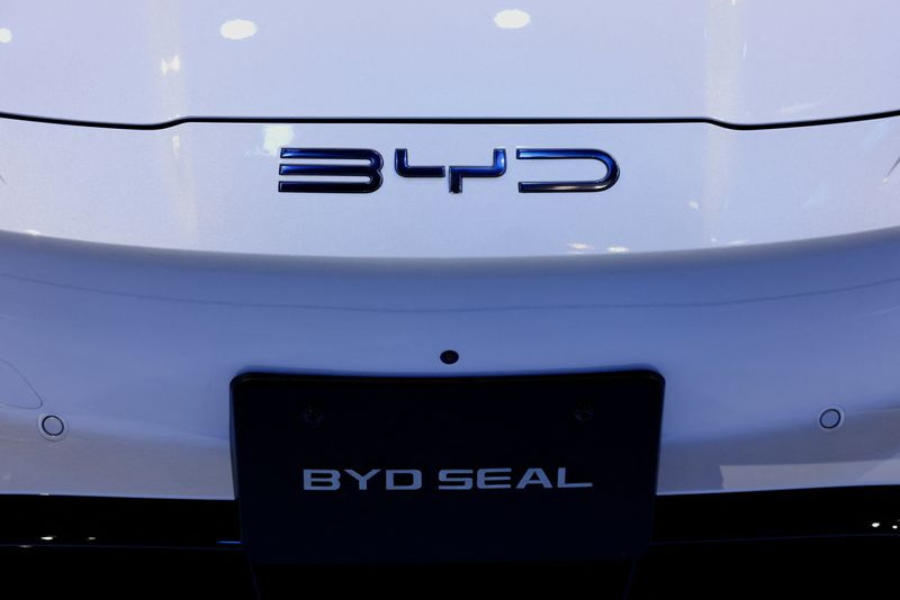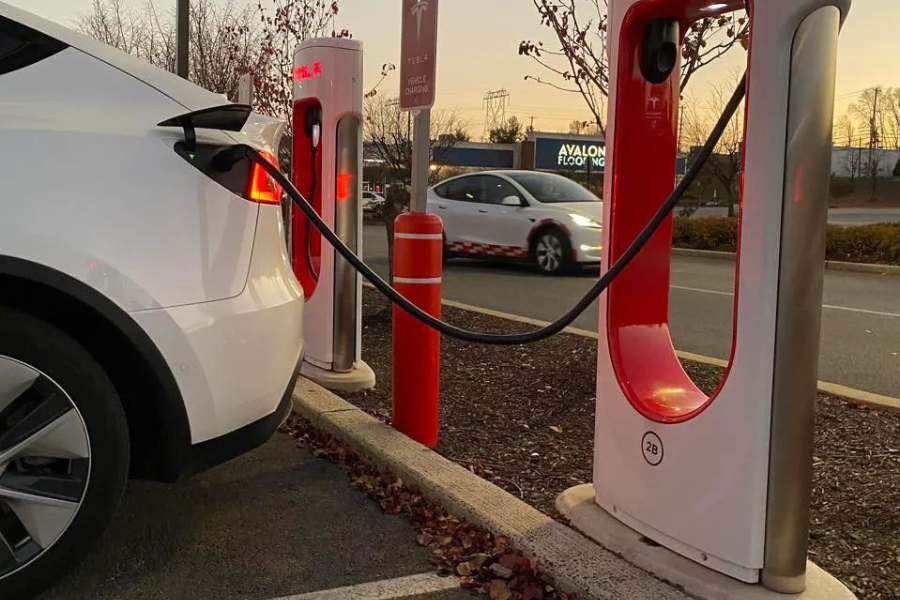Have you ever glanced at your car’s dashboard and wondered what does the electric Symbol mean on a car? Amidst the icons, the electric Symbol, often depicted as a lightning bolt, emerges as a source of curiosity and concern for many drivers.
This enigmatic emblem is vital to deciphering potential issues within your vehicle’s intricate electrical system. As technology advances, modern cars are equipped with many sensors and indicators that communicate essential information to drivers.
Among them, the electric Symbol takes center stage, signifying problems that warrant attention.
By digging deeper, I’ll explore what is the purpose of an electrical symbol, unravel the significance of this Symbol and look into the various scenarios it addresses.
Concept of An Electric Symbol & What Does Its Mean?
What does the lightning bolt symbol mean on a car? The electric Symbol, typically represented by a lightning bolt, is used in vehicles to indicate issues related to the electrical system.
This system encompasses various components that play a crucial role in the car’s operation, including the battery, alternator, starter, and more. When the lightning bolt symbol illuminates your dashboard, it’s a sign that your car’s electrical system needs attention.
Interpreting the Lightning Bolt Symbol
Most people ponder on what do the symbols mean in my car. Let’s explore this below and find out their interpretation.
1) Electronic Throttle Control (ETC) Light:
One of the standard interpretations of the lightning bolt symbol is related to the Electronic Throttle Control system. How does the throttle affect the engine? The system regulates the throttle, which controls the air entering the engine.

If the lightning bolt symbol and ETC light appear, it indicates a malfunction in the throttle system. This can lead to reduced engine power and may require immediate attention from a mechanic.
2) Battery and Charging System:
Another interpretation is linked to the battery and charging system. If your battery is not receiving sufficient charge from the alternator, it can trigger the electric Symbol. This may be due to a faulty alternator, a worn-out battery, or connection issues.
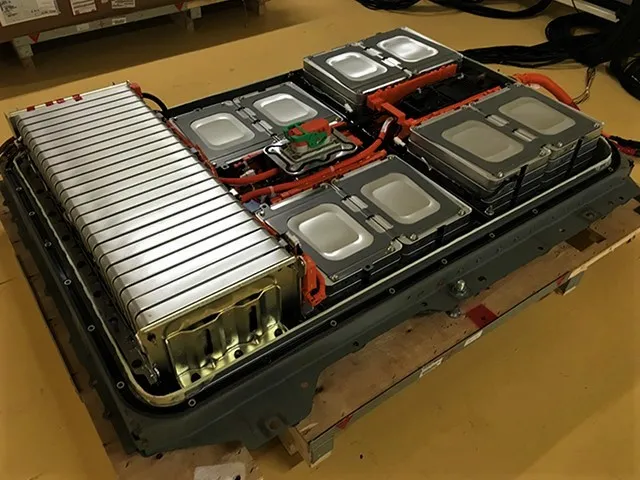
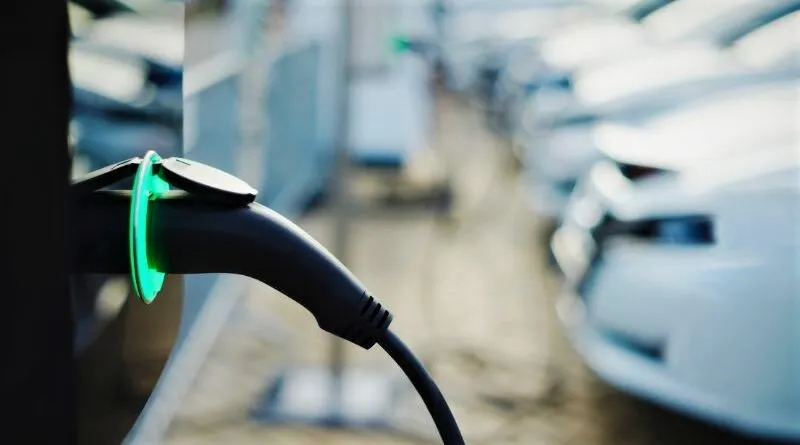
3) Voltage Issues:
The lightning bolt symbol can also signify voltage problems within the electrical system. Fluctuating voltage levels can affect various components, leading to abnormal behavior in the vehicle.
4) 12V Symbol:
What does the 12v Symbol mean? The 12V Symbol is often associated with vehicles that have a start-stop system. It indicates the status of the auxiliary battery that powers vehicle systems when the engine is off. If this Symbol illuminates, it’s advisable to check the health of the additional battery.
How to Address Electronic Throttle Control Issues?
The ETC system has revolutionized how vehicles regulate airflow into their engines, enhancing efficiency and performance. Here’s a comprehensive guide on restoring your vehicle’s optimal performance and how do I fix my electronic throttle control?
1) Regular Maintenance:
Like any other intricate system in your vehicle, the electronic throttle control demands periodic attention to maintain efficiency. And adheres to your vehicle manufacturer’s recommended maintenance schedule to prevent unexpected electrical issues and potentially ward off ETC-related problems.
2) Avoid Overloads:
While using various accessories that draw power from the electrical system is tempting, exercising caution is paramount. Avoid simultaneously using power-hungry devices that can strain the system, leading to potential complications.
Ensuring your electrical system operates within its designed capacity can mitigate the risk of ETC-related problems caused by voltage irregularities.
3) Professional Assistance:
If you’re unsure about the cause of the electric symbol illumination, consult a certified mechanic. They have the knowledge and tools to diagnose and repair complicated electrical issues.
Driving with the Electronic Throttle Control (ETC) light on is not advisable. It indicates a malfunction that can lead to reduced engine power. Seek professional help to diagnose and resolve the issue before driving further.
Throttle control failure can stem from sensor malfunctions, wiring problems, carbon buildup, or electronic glitches. Regular maintenance, proper usage, and timely diagnostics can prevent such losses.
Yes, electronic throttle bodies can often be repaired. Cleaning carbon buildup or replacing faulty components can restore functionality. Professional assessment and repair are recommended for accurate diagnosis and safety.

